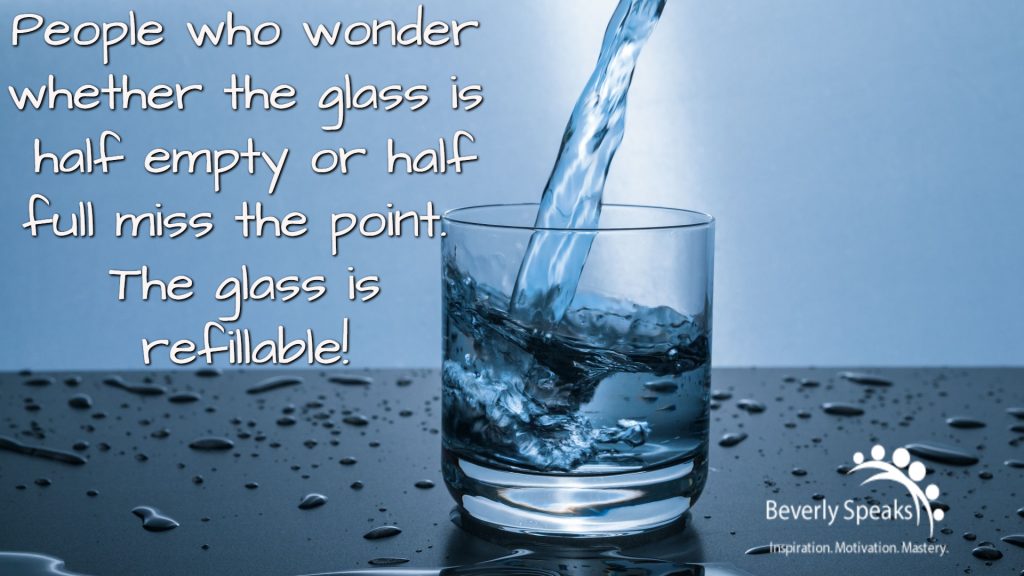
When was the last time you experienced a performance review? I receive them every time I speak. I might receive 50 positive comments sprinkled nicely with insights, a-ha moments, and compliments. Sometimes there’s that one disgruntled person who has critical remarks and put-downs. Guess which comment I am ruminating on hours later? Yeah, you got it. The negative one.
That’s called negativity bias.
Negativity bias is the universal tendency for bad events or emotions to affect us much more strongly than positive ones.
This cognitive bias is not a personality quirk or isolated tendency. It’s as if there’s an alarm bell in the brain. The amygdala (you’ve got two of these little almond-shaped regions, one on either side of your head) — uses many of its neurons to look for bad news: it’s primed to activate the fight or flight response. Once it sounds the alarm, negative events and experiences get quickly stored in memory — in contrast to positive events and experiences, which are not prioritized in the same way. The negativity bias of the brain is like Velcro for negative experiences but Teflon for positive ones.
We have a brain that routinely tricks us into making three mistakes: overestimating threats, underestimating opportunities, and underestimating resources. This is an effective way to sustain life, but a lousy way to promote quality of life.
Positive psychology has gained significant attention in recent years, and it’s no wonder why. The science of happiness, which was formally launched in colleges and universities across the nation in the 1990s, has grown along with the concept of neuroplasticity. Shawn Achor, a thought leader in the field writes “We can retrain the brain to scan for the good things in life — to help us see more possibility, to feel more energy, and to succeed at higher levels.” And neuroscientist Sarah McKay states, “The best way to shift your bias is to practice experiencing positive emotions. If you savor positivity, you’ll be practiced at experiencing positive emotions in the future.”
How to Shift Your Bias
Let’s start with four intentional ways to boost positivity in our lives.
1. The Power of Kindness: Engaging in pro-social activities like charity, volunteering, or writing thank-you notes can significantly enhance your positivity.
2. Laughter as Medicine: Laughter is indeed the best medicine. It raises positive hormones, boosts the immune system, and spreads joy to others.
3. Speak Life: Good words carry enormous power. Words can help, heal, encourage and move us to a greater level of living.
4. Manage Your News Intake: While staying informed is essential, be mindful of the negativity bias in the news. Consciously limit exposure to negative news and be cautious about the extent to which you share disturbing news with others.
It takes an intentional choice to overcome the corrosive effects of negativity bias.
When you pursue happiness, you aren’t denying the pain that’s in the world. You are refusing to let it get the best of you.
